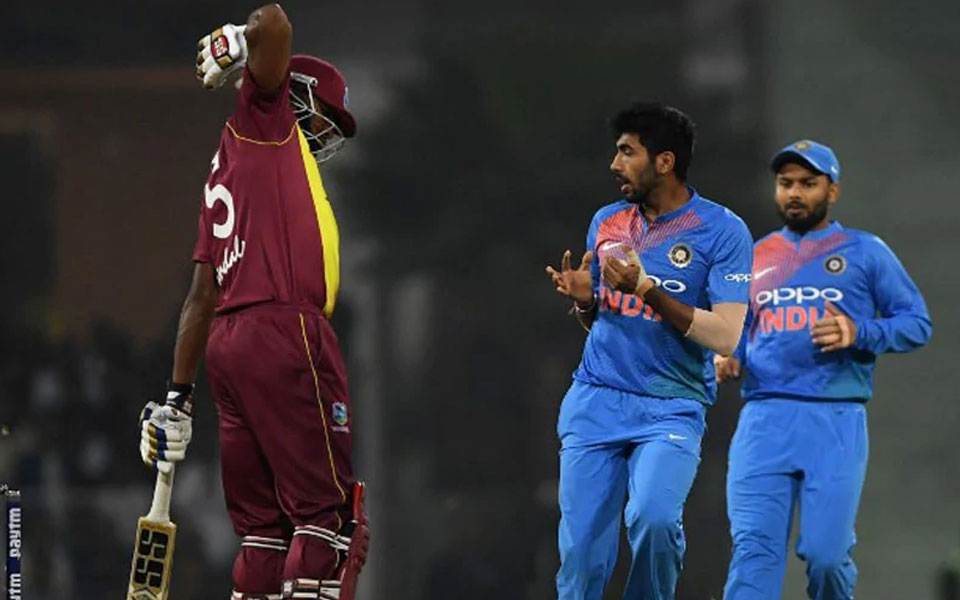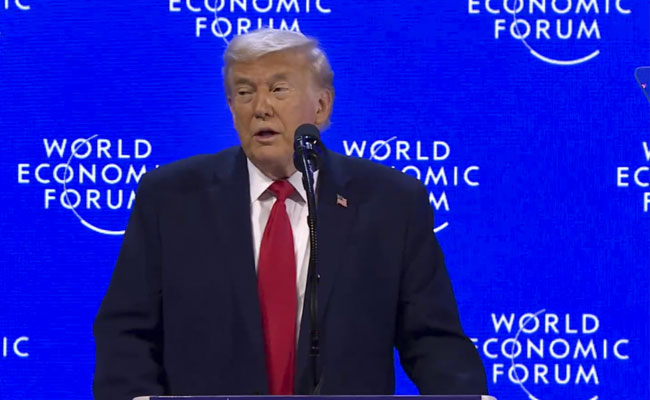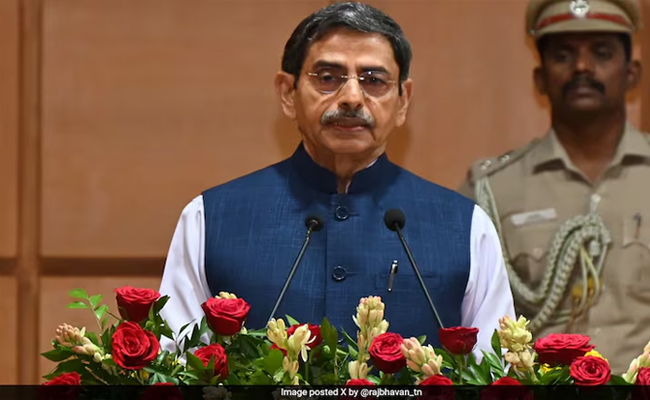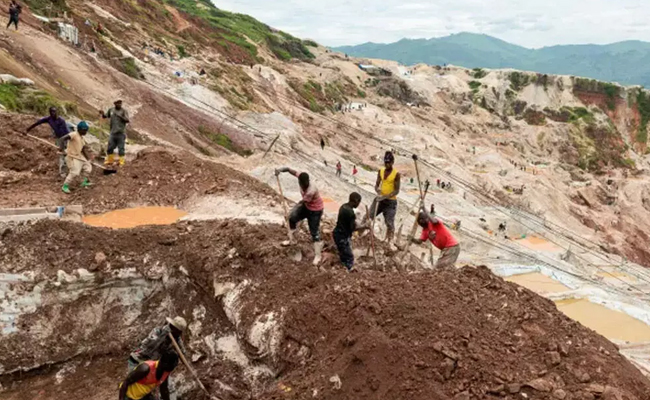Lucknow, Nov 07: Rohit Sharma-led Team India thrashed the Windies by 71 runs in the second Twenty20 International of the three-match series played at Bharat Ratna Shri Atal Bihari Vajpayee International Cricket Stadium in Lucknow on Tuesday. The Windies were chasing a mammoth target of 196 to win and an awkward incident took place in the 11th over bowled by India speedster Jasprit Bumrah. Bumrah got the fourth ball of his over to skid off the deck and climb onto the batsman.
Kieron Pollard was completely beaten as he gave a top-edge to it. Sensing an opportunity, Bumrah started moving towards the trajectory of the ball.
But, a walking Pollard by then was almost under the ball and when he realized that Bumrah was there to take the catch, almost in the last moment, he took his hand off from the position which created a block vision for the bowler.
Although Bumrah completed the catch, he was visibly furious at his IPL teammate.
Earlier, skipper Rohit Sharma smashed his fourth Twenty20 international century, the most by any batsman in the format.
Rohit hit an unbeaten 111 off 61 deliveries to power the hosts to 192-2 after being put into bat first.
India then restricted the tourists to 124/9 and take an unassailable 2-0 lead in the three-match series.
Fast bowlers Bhuvneshwar Kumar, Khaleel Ahmed and Jasprit Bumrah, along with spinner Kuldeep Yadav, took two wickets each.
— Mushfiqur Fan (@NaaginDance) November 6, 2018
Courtesy: ndtv.com
Let the Truth be known. If you read VB and like VB, please be a VB Supporter and Help us deliver the Truth to one and all.
Gurugram (PTI): A petrol pump worker died after an SUV rammed into his motorcycle in the Sushant Lok area here, police said on Thursday.
The accused driver fled the scene, leaving the vehicle after the accident. An FIR has been registered at the Sushant Lok police station, they said.
According to police, the accident occurred on Wednesday afternoon when Mukesh was travelling from Sector 44 to Sushant Lok on Vyapar Kendra Road for some work.
Near Vyapar Kendra, a white Thar coming from the wrong side at high speed hit his motorcycle head-on, leaving him critically injured, they said.
The driver fled the scene, leaving the vehicle behind, police added.
Eyewitnesses claimed the vehicle had no number plates either at the front or rear.
Locals took Mukesh to a private hospital, where he died during treatment, police said. He was a resident of Rohta Patti in Palwal and worked at a petrol pump in Sector 44.
An FIR was registered against the unidentified driver, based on a complaint lodged by his brother Ashok. The body was handed over to the family after a post-mortem on Thursday, police said.
“The Thar vehicle has been seized from the spot. CCTV footage from the area is being examined, and the driver will be arrested soon,” a Gurugram police spokesperson said.





